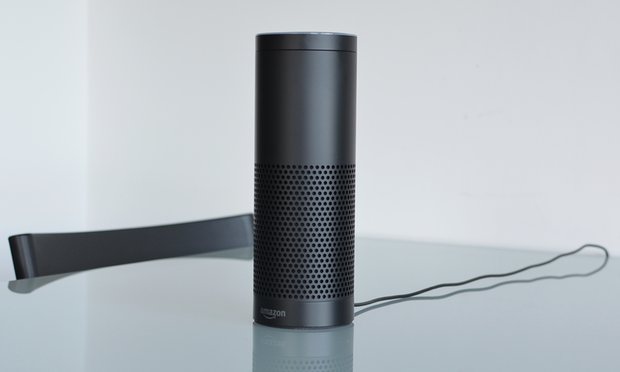Murder defendant volunteers Echo recordings Amazon fought to protect
Thứ Tư, 08/03/2017, 20:55
Arkansas resident James Bates willing to allow police to review information that Seattle-based tech company twice declined to provide
 |
In February Amazon responded to the request by arguing that both its users’ requests to Alexa and its own responses were covered by American first amendment rights. Photograph: Samuel Gibbs for the Guardian |
Amazon has stopped fighting a legal battle to keep Echo recordings secret, after the defendant at the heart of the case gave his permission for the evidence to be handed over.
Arkansas resident James Bates was charged with the murder of a man found dead in his hot tub in November 2015.Prosecutors used Bates’s “smart home” against him in course, citing information from a smart water meter to argue that someone was using a garden hose to clear blood off a patio.
They also attempted to force Amazon to hand over information gathered from Bates’s Echo smart speaker, arguing that it could have made recordings that would shed light on what happened that night. The Seattle-based tech company twice declined to provide the police with the information they requested from the device, although it did provide Bates’s account information and purchase history, court records showed.
Despite the Echo’s “always-on” microphones, the majority of recordings it makes are not transmitted to Amazon. Only recordings made after the device hears its “wake word”, such as “Alexa”, “Echo”, or “Computer”, are transmitted that way.
The Echo and similar devices can often mishear other words and ambient sounds for their wake words, however, leading to the prospect of accidental recordings being stored on Amazon’s server. It was these accidental recordings that prosecutors hoped to hear.
In February Amazon responded to the request by arguing that both its users’ requests to Alexa and its own responses were covered by American first amendment rights, and that law enforcement should thus meet a high burden of proof to require release of the data.
The company claimed its responses are a “constitutionally protected opinion”, and that officials couldn’t prove that they wouldn’t be able to find similar information elsewhere.
Now, Bates himself has said that he is willing to allow law enforcement to review information contained on his Echo, which prompted Amazon to hand over the data on Friday, dropping its legal fight. That also means that the legal question of whether Alexa questions and answers are protected by the First Amendment remains unanswered.
The Guardian

